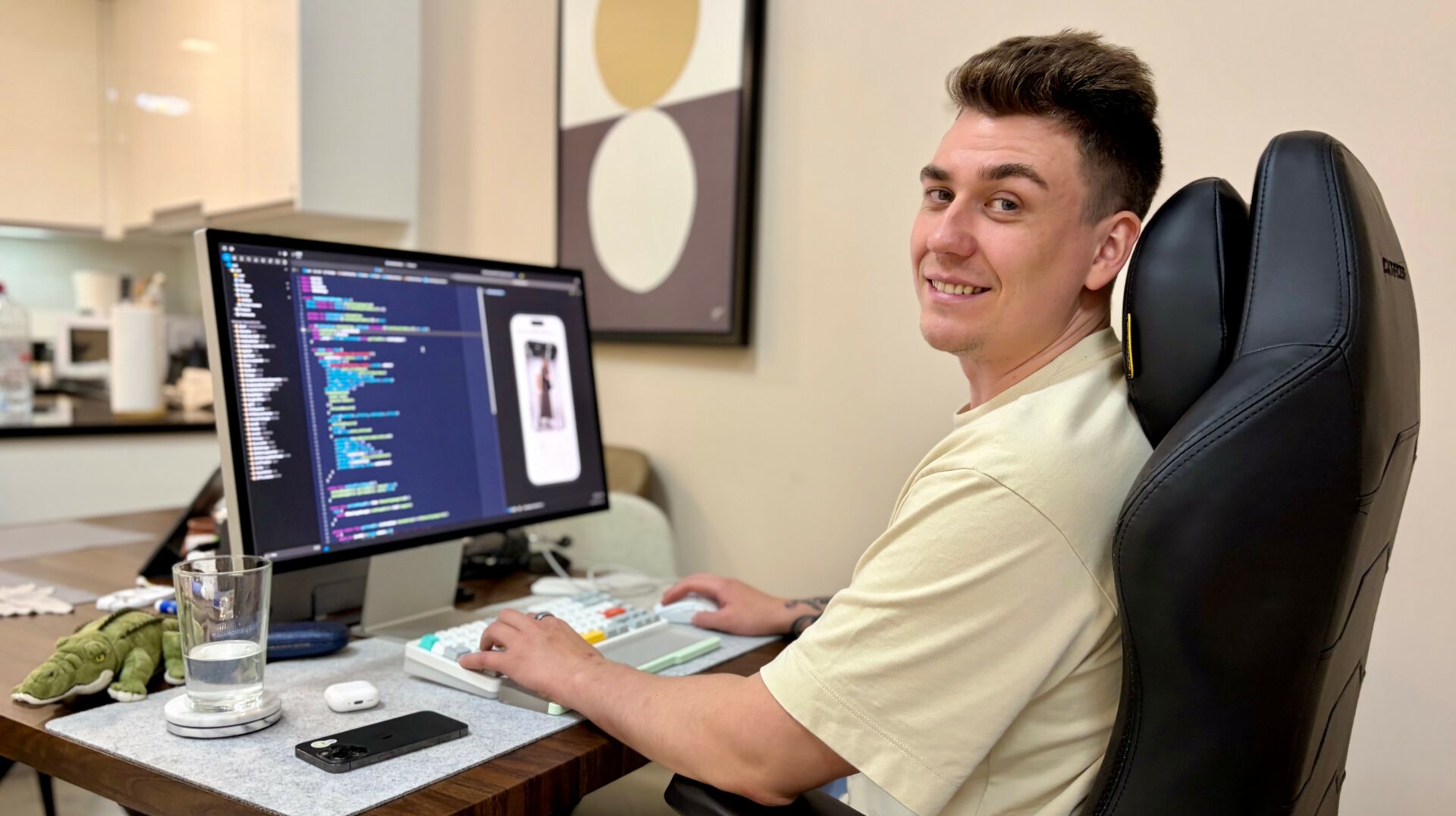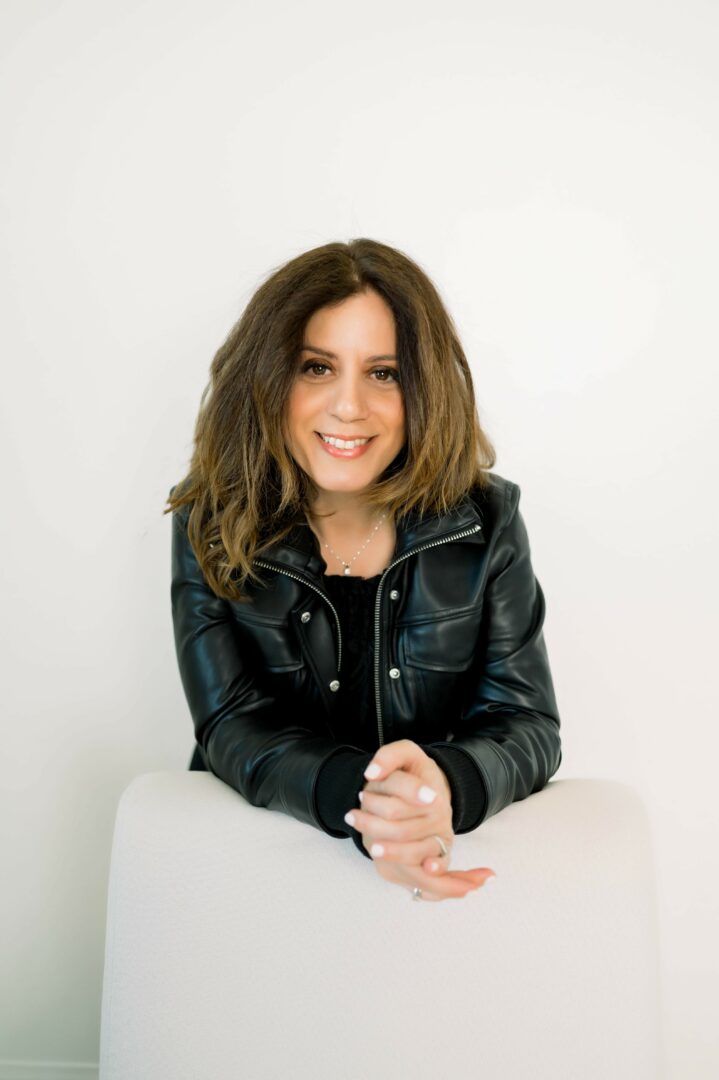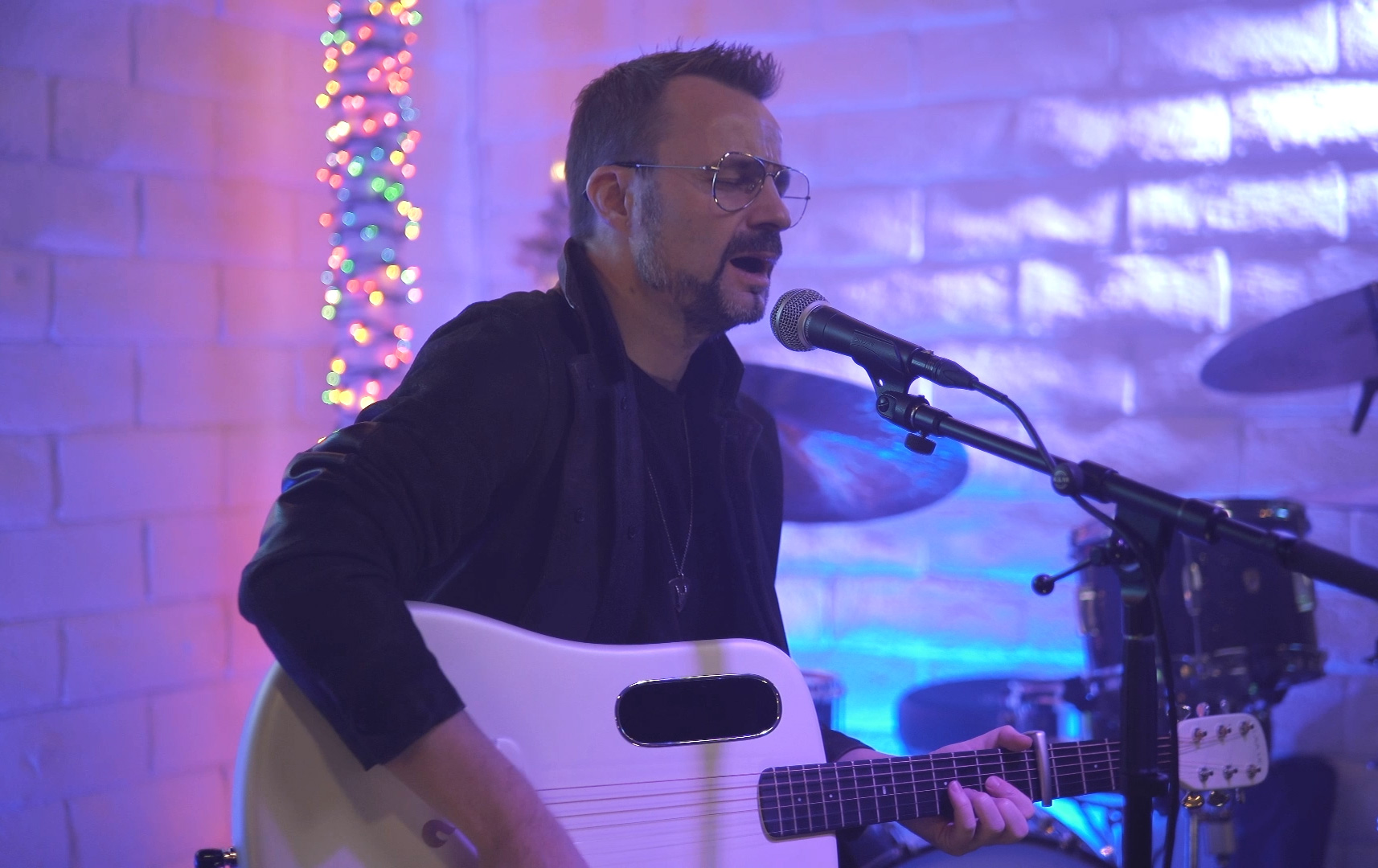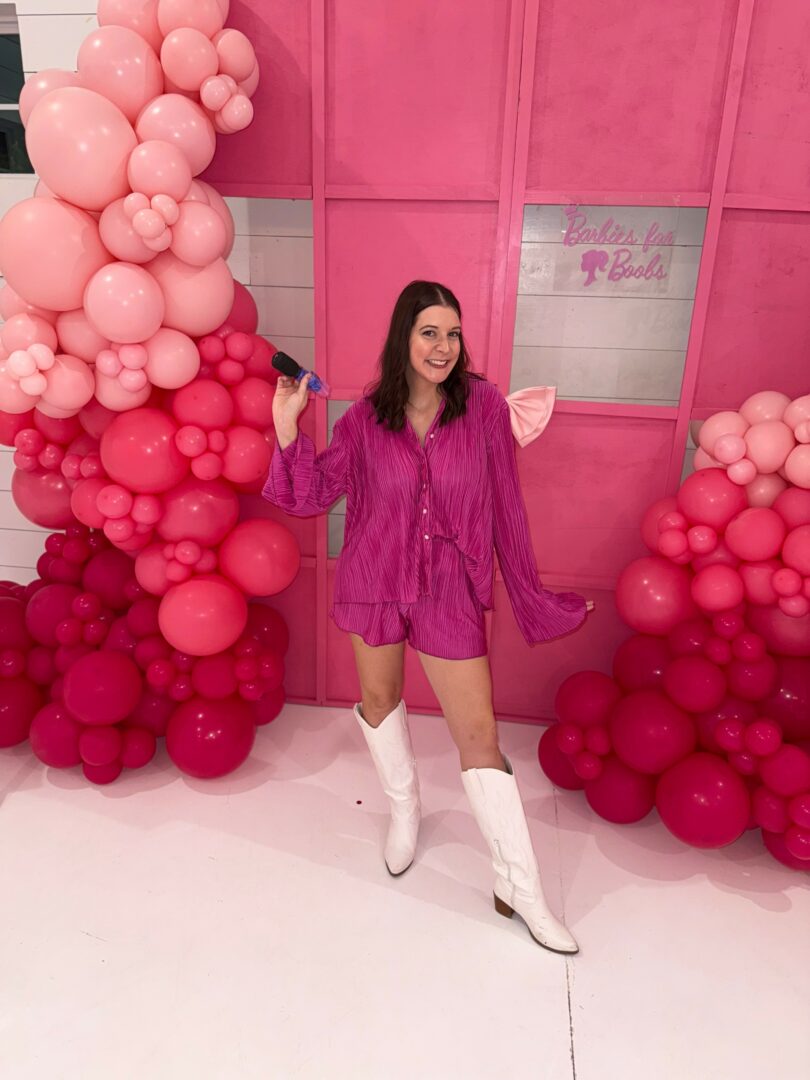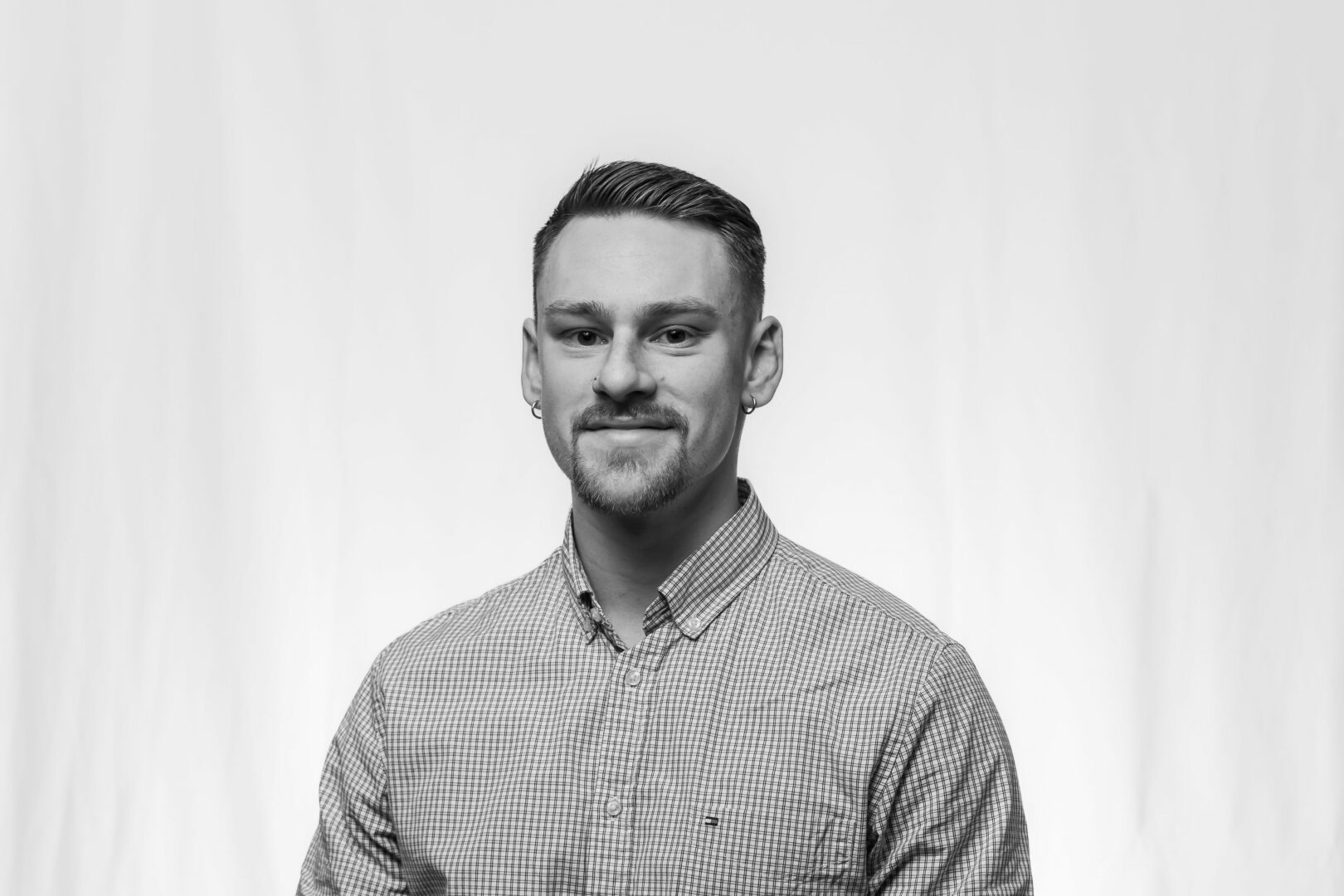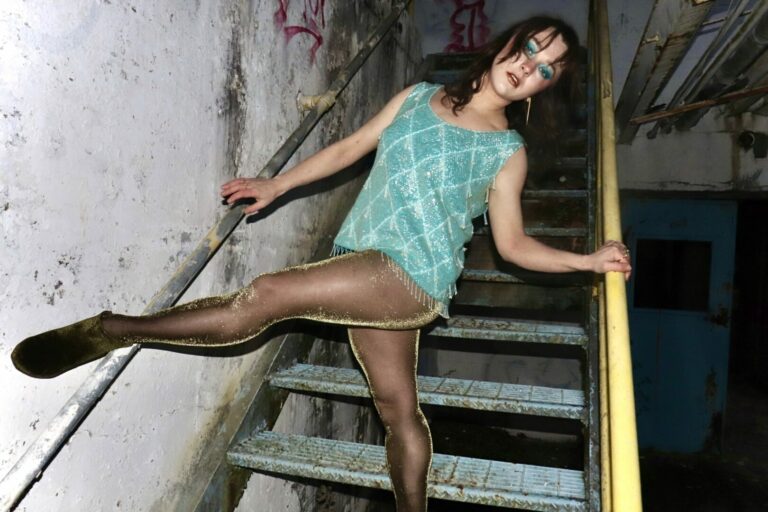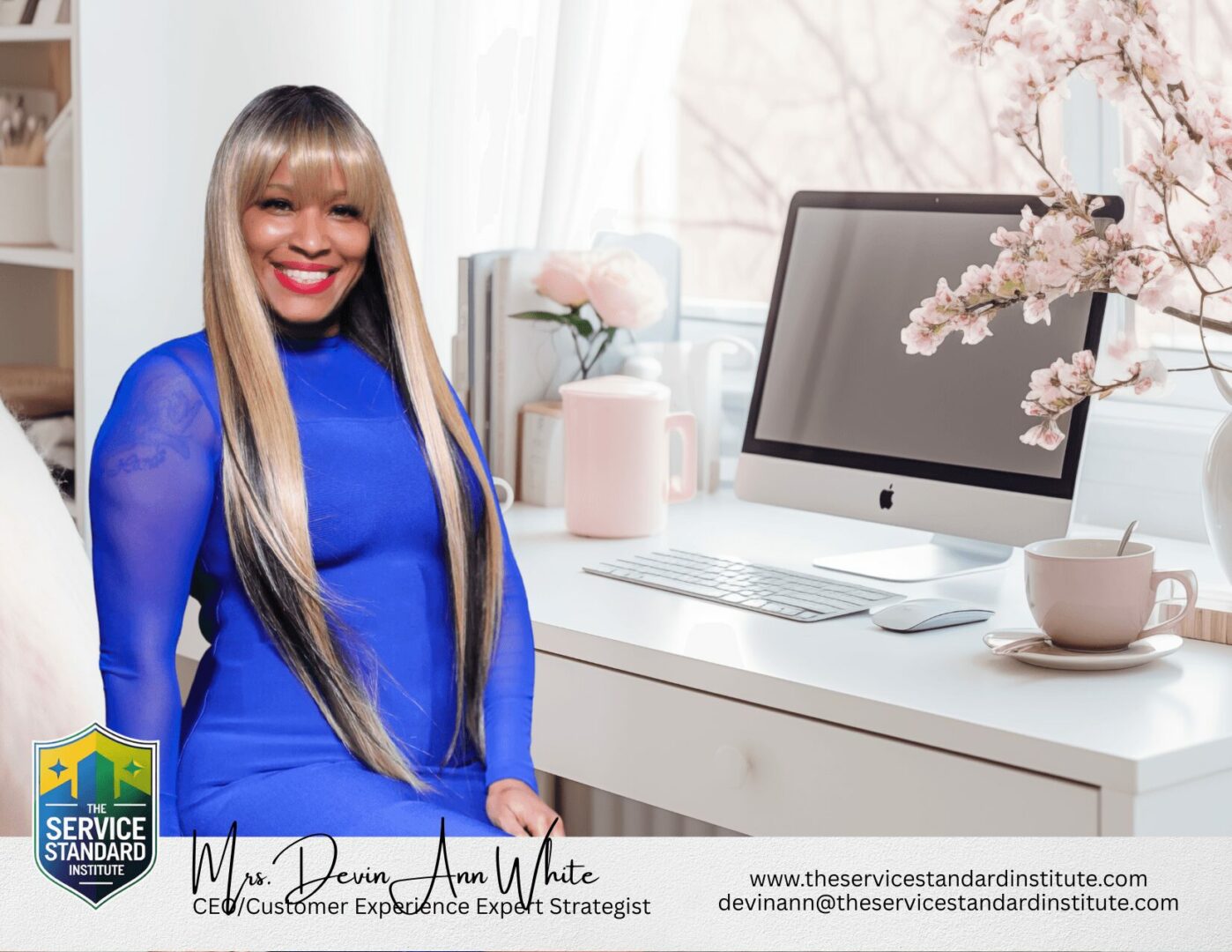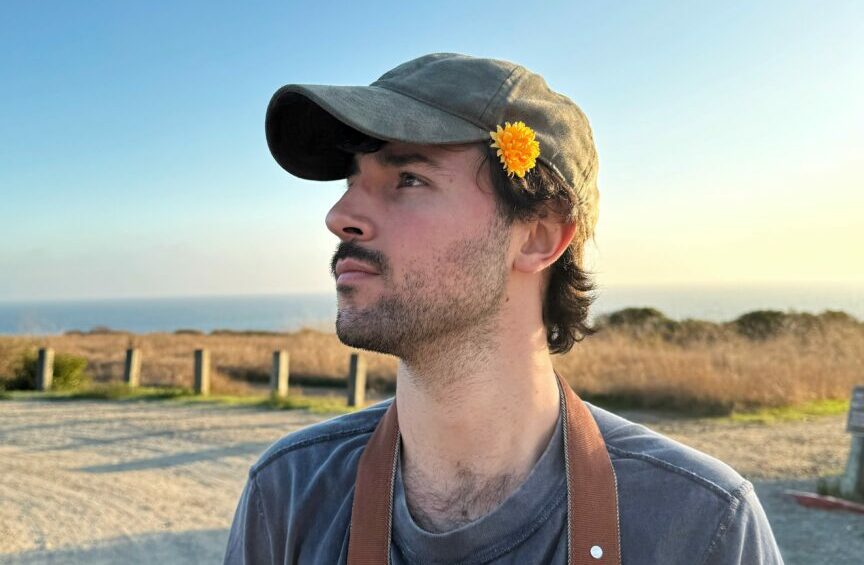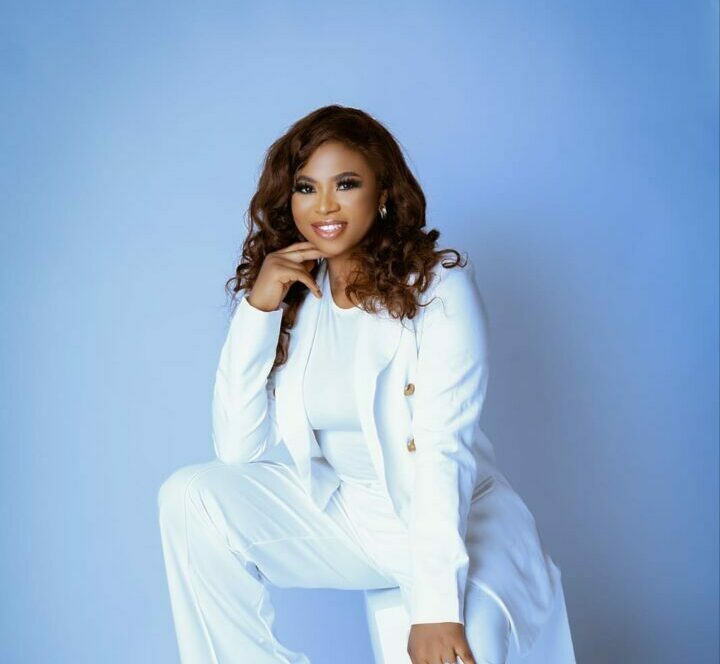Taking risk is natural for some, but in our experience most successful risk takers gradually developed their ability to leave comfort zones and take risk and we’ve asked them to share their experiences and advice below.
Cameron Hightower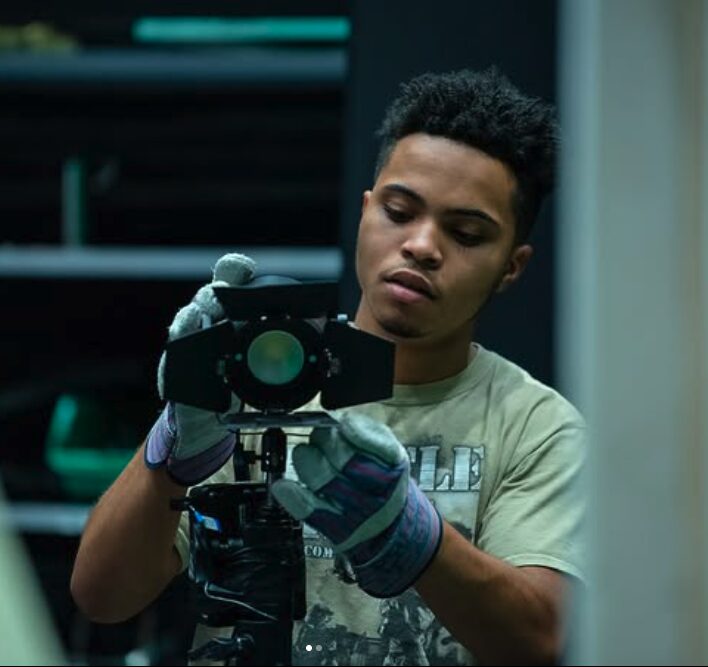
I grew up in a small rural town in North Carolina, where it often felt like you were surrounded by limits and didn’t really know what was out there. During my junior year of high school, I was diagnosed with adjustment disorder, which meant I had difficulty adapting to new environments—something that made my world feel even smaller. Read More>>
Emilio Lann
For the longest time, I was pretty scared of stepping out of my comfort zone. I mean, I used to be afraid of judgment, of disappointment, of someone labeling me as a failure. And that fear kept me from taking any real risks at all, even from when I was a kid. I just didn’t realize how much that was holding me back. Read More>>
Gabriela Zambrano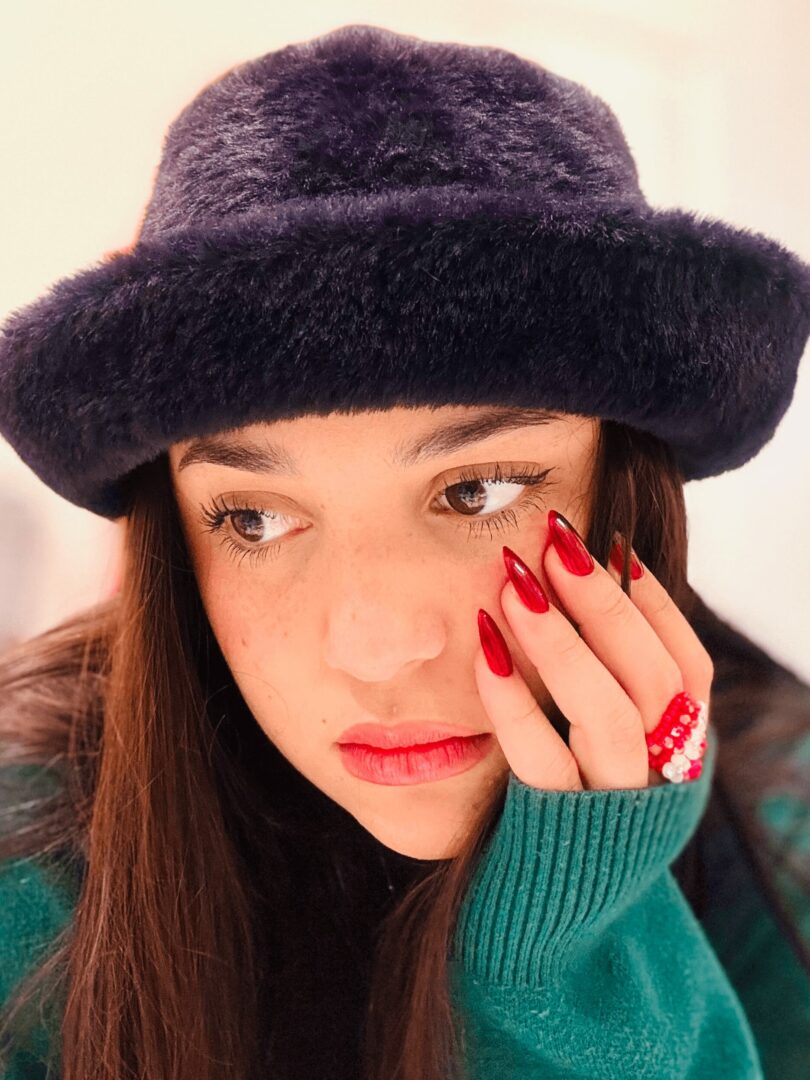
It is my conviction that, to move forward in life, we need to take risks. and I understand that we will face set backs, but they don’t define my future. in the following lines I want to explain why I am who I am and why I am where I am. I grew up in Trujillo, Peru. Read More>>
Mari Takayama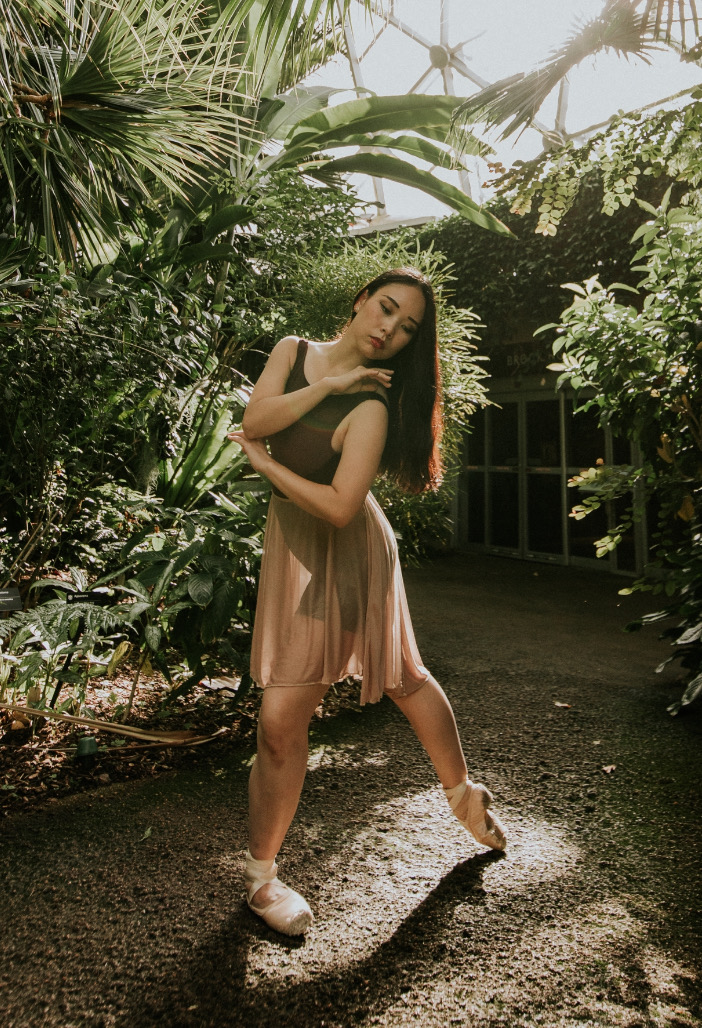
I developed my ability to take risks through the major decisions I have made in my life as a dancer. In 2021, I moved from Japan to the United States. It was during the pandemic, and although it felt uncertain and difficult, I believed that taking that risk would help me grow. Looking back, that decision completely changed my life. Read More>>
Cindy Cisneros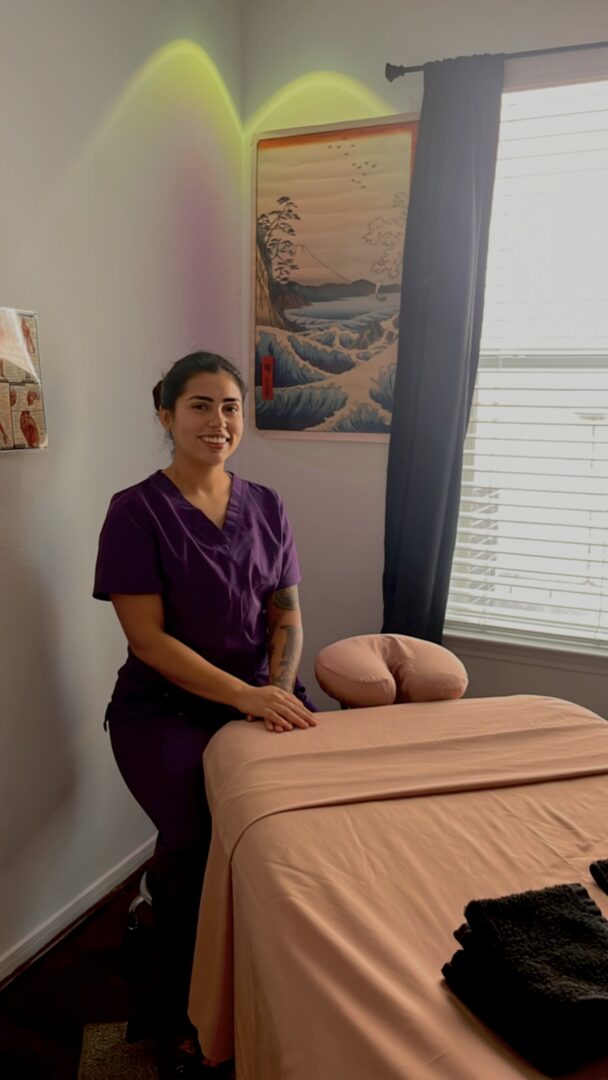
Taking risks hasn’t always come easily to me. I tend to overthink and weigh every option. Over time, I learned to tell myself: “Stop being scared. Trust yourself.” And then I move forward, even when I’m unsure. Sometimes it works out, sometimes it doesn’t, but every outcome teaches me something. Read More>>
Kathleen Kelly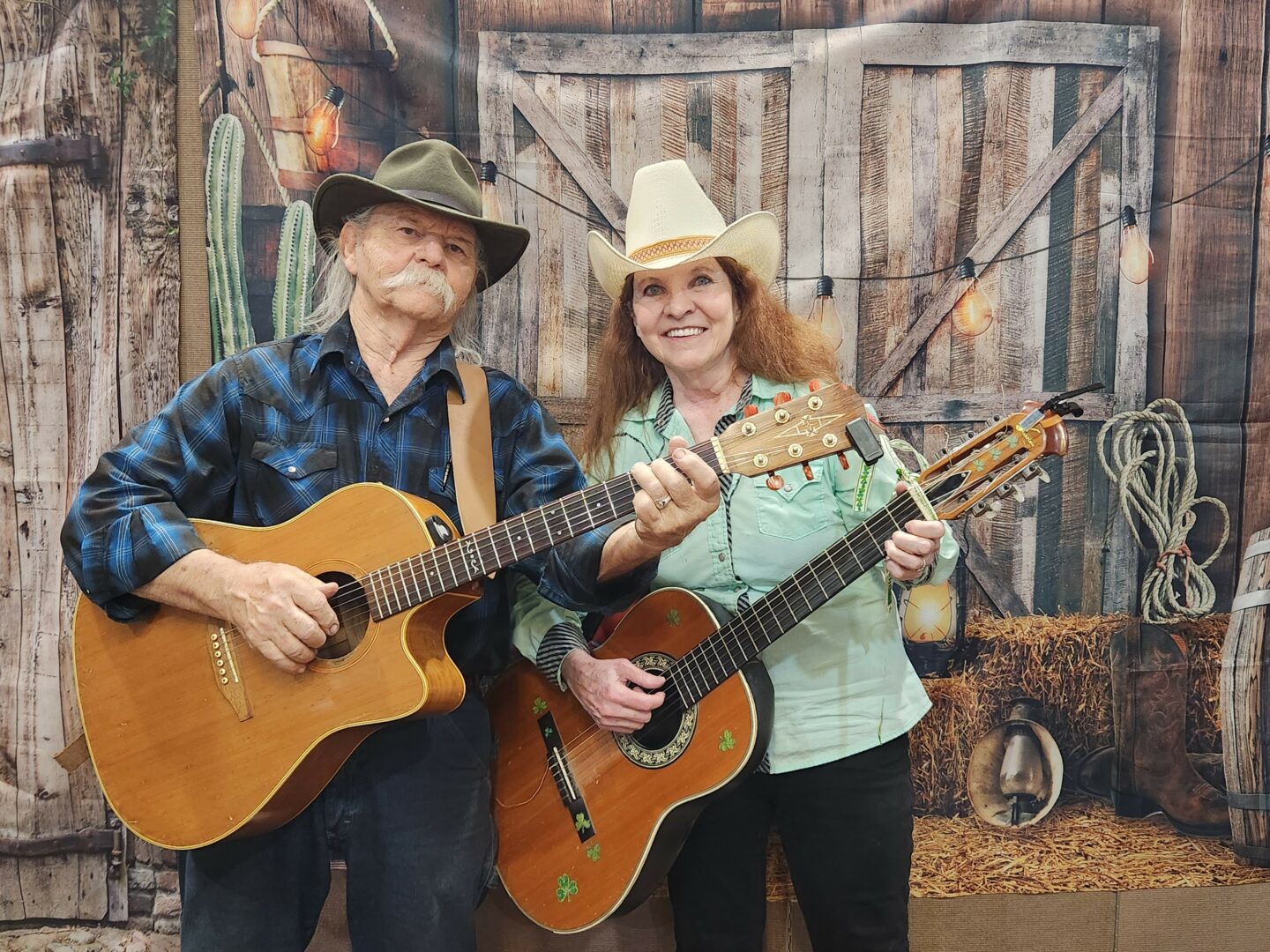
My risk-taking ability comes from the mantra, ‘Fake it till you make it.’ I was dyslexic in my school years. Which, in those days, earned you labels like retarded and stupid. So, of course, I believed in the bullies and my disappointing report cards. I admired the Catholic school nuns. They were strong educated women. I wanted to be like that. Read More>>
Molly B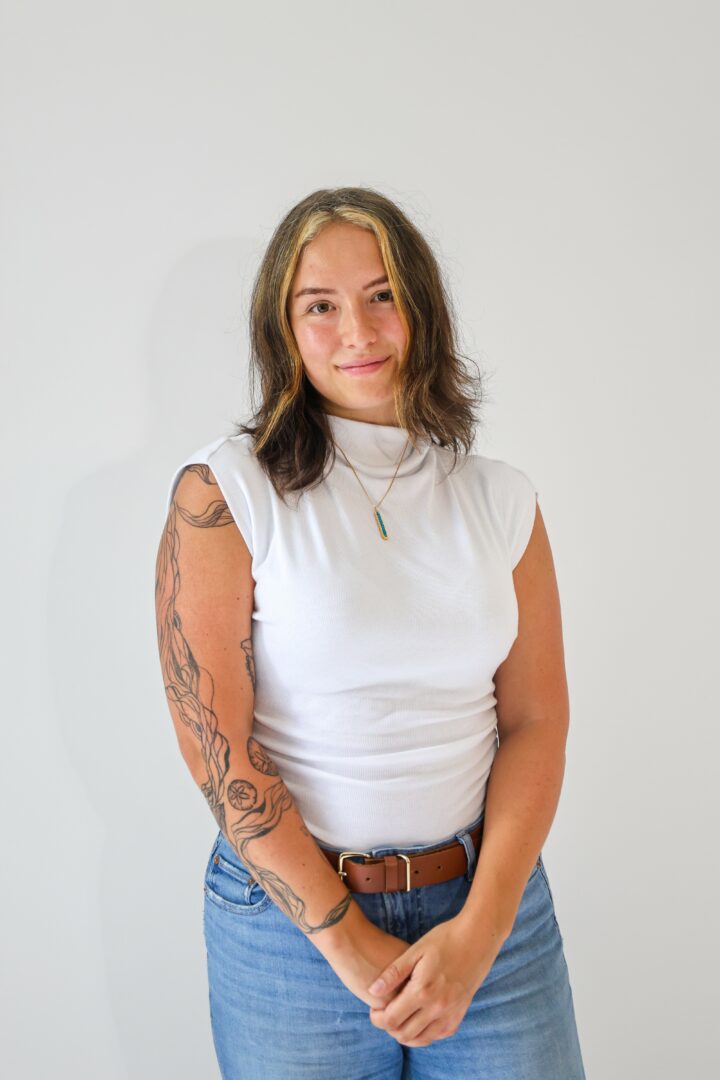
I truly believe in stepping out of your comfort zone, and greatly attribute that to most of my accomplishments in life. As an only child, I feel like I didn’t have much of an idea what my life was suppose to look like, with no example ahead of me. Read More>>
Emma Rolader Martin
I’ve always been drawn to possibility, even when it comes with uncertainty. Early in my career, I learned that the most memorable experiences – both in life and in events – come from leaning into new ideas before they feel ‘safe.’ Starting my business taught me to trust that instinct. Read More>>
Holly Danner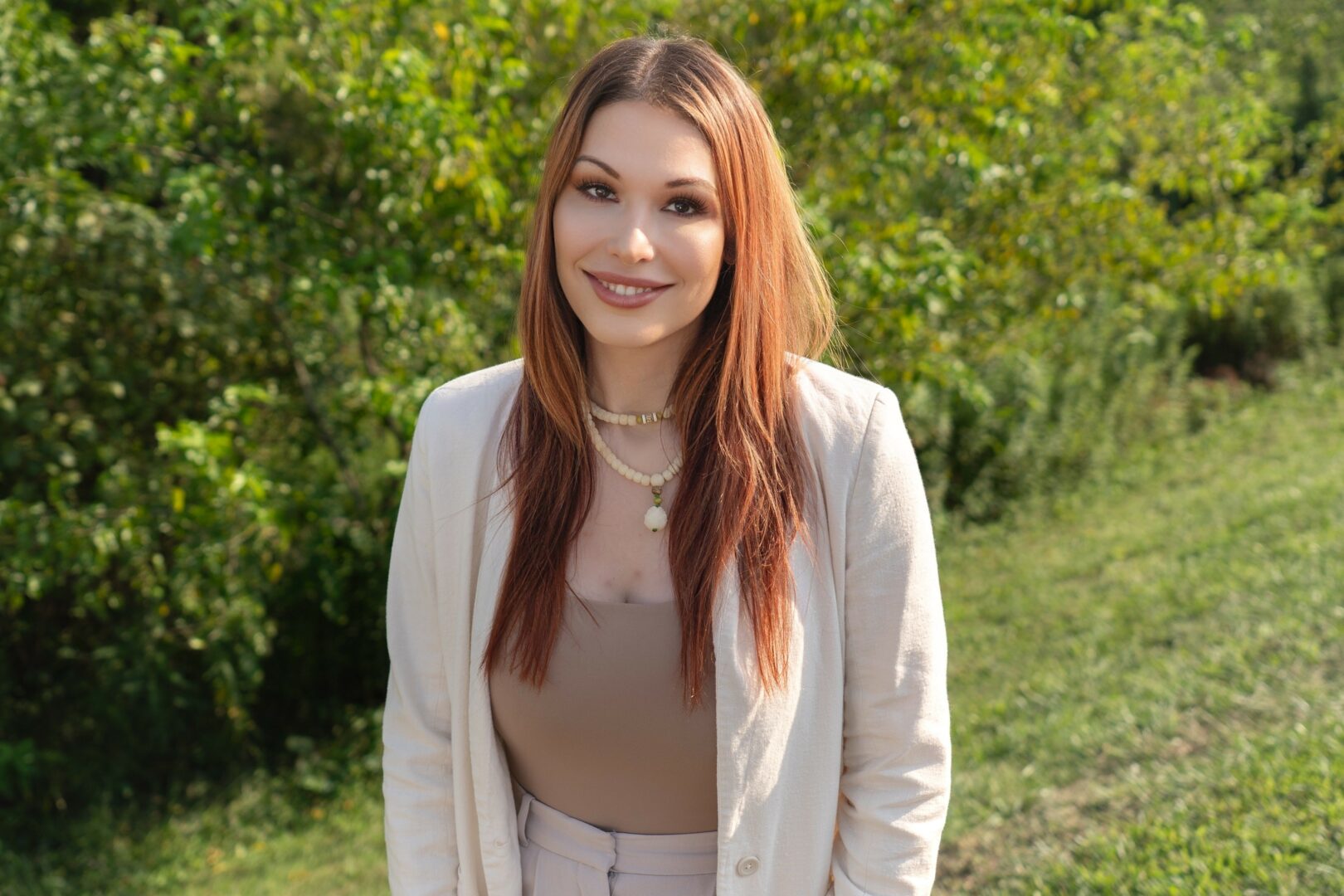
Dialectical Behavioral Therapy posits that two truths can coexist simultaneously. When I became a small business owner, I incorporated dialectical thinking to make significant stressors more tolerable. For example, “I can think this is hard, and I can learn something new. Read More>>
DtayBoyy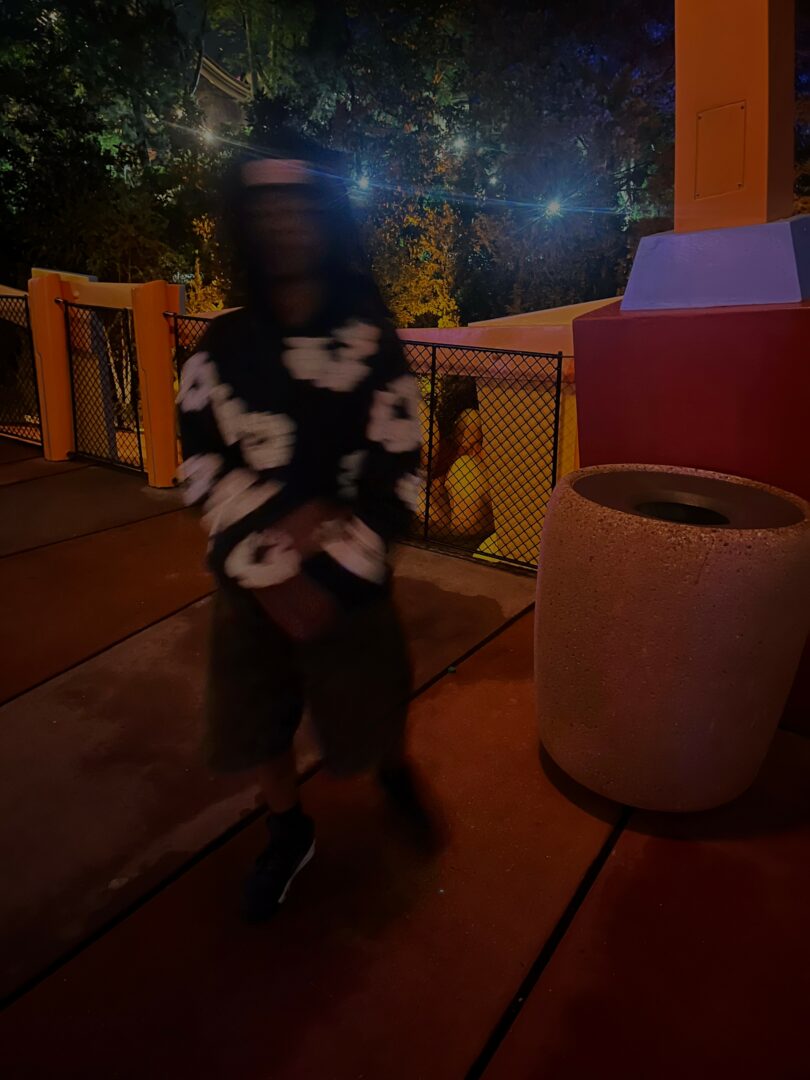
Essentially Telling Myself That The Changes I Wanted To Make Would NOT Happen If I Was Scared. I Always Loved Risk-Taking But Sometimes It Can Be Nerve Wrecking Knowing That There’s A 50/50 Chance Of You Succeeding In The Life You Want To Live Read More>>
Christiana Papadopoulou
For me, the ability to take risks has always been driven by fear. The fear of not truly living, of becoming too comfortable, of watching life pass by while I stand still. Comfort feels safe, but it’s dangerous because it keeps you stuck. And when you’re still for too long, something inside you starts to fade. You stop growing. You stop dreaming. Read More>>
Meg Stolt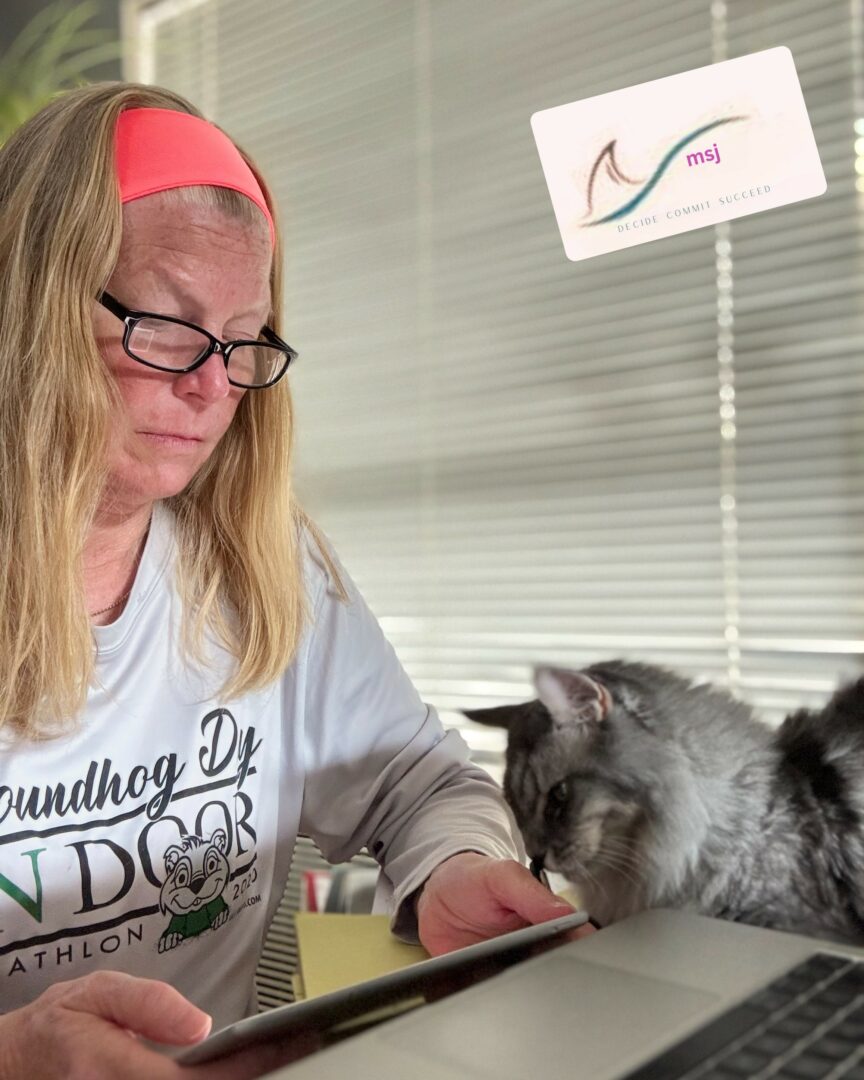
I have this quote from a poem by Erin Hanson in my workspace: ‘There is freedom waiting for you, On the breezes of the sky, And you ask ‘What if I fall?’ Oh but my darling, What if you fly?’ For each of us, the choice is to step out or to stay put. I am an athlete, a coach, and an entrepreneur. Read More>>
Ben Burke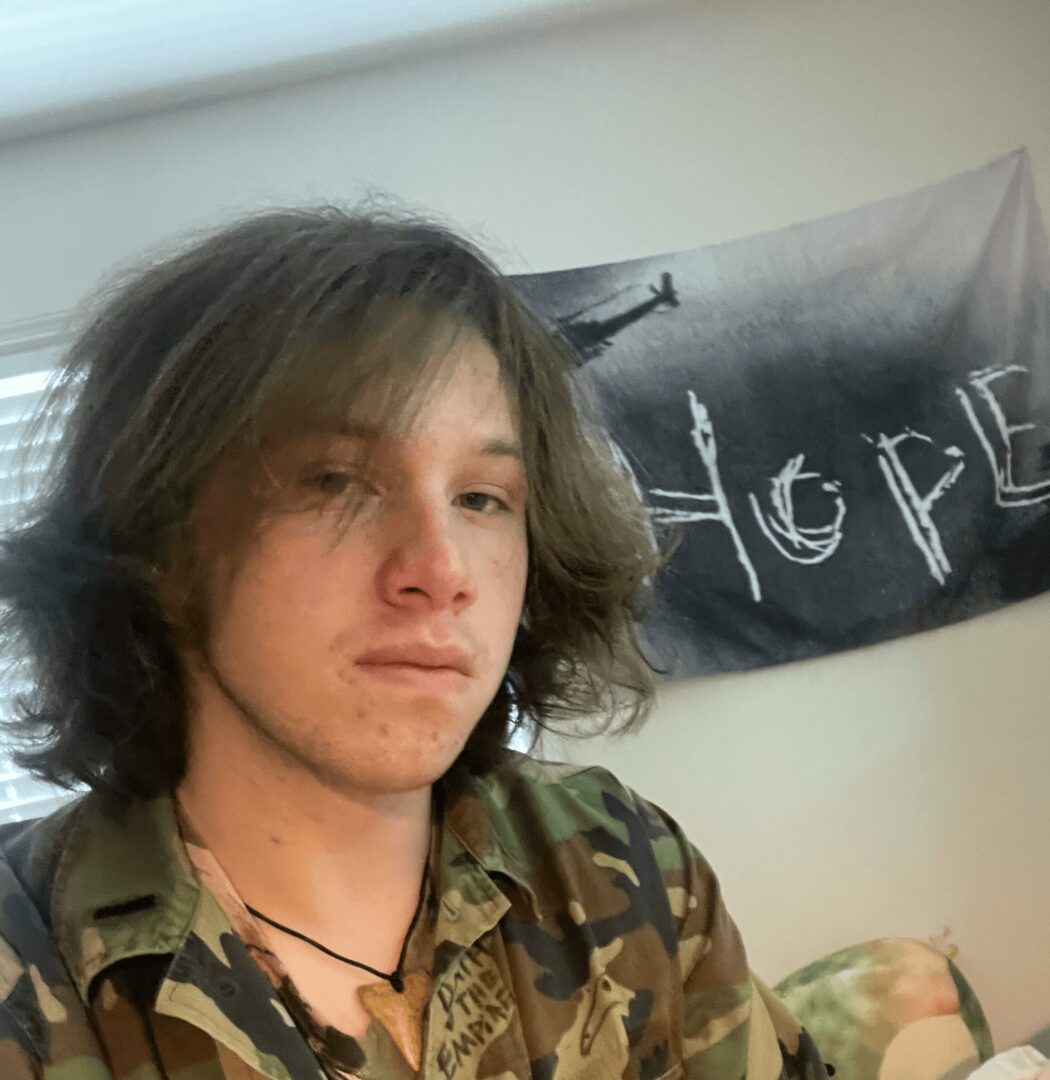
I believe that risk is a crucial factor in creating any art. I feel that a lot of contemporary movies and shorts are afraid to take risks, examples being the MCU and other superhero films that dominate and oversaturate the market. While I think things are getting better in some regards, nothing has really caught my attention lately. Read More>>
Avery Robbins – Palacios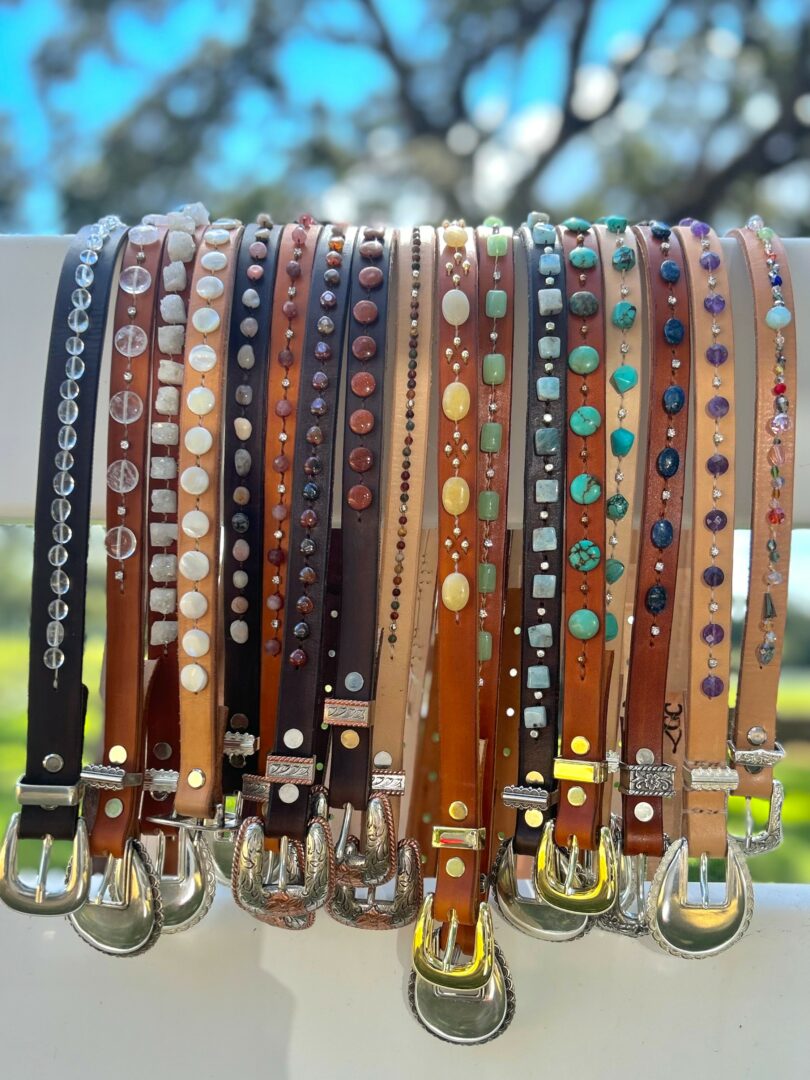
I developed my ability to take risks gradually — it really started with one small step. Leaving my corporate job was the first big leap, but I told myself it didn’t have to be permanent. I could always go back if I needed to, and that gave me the freedom to actually try. Read More>>
Jessica Garcia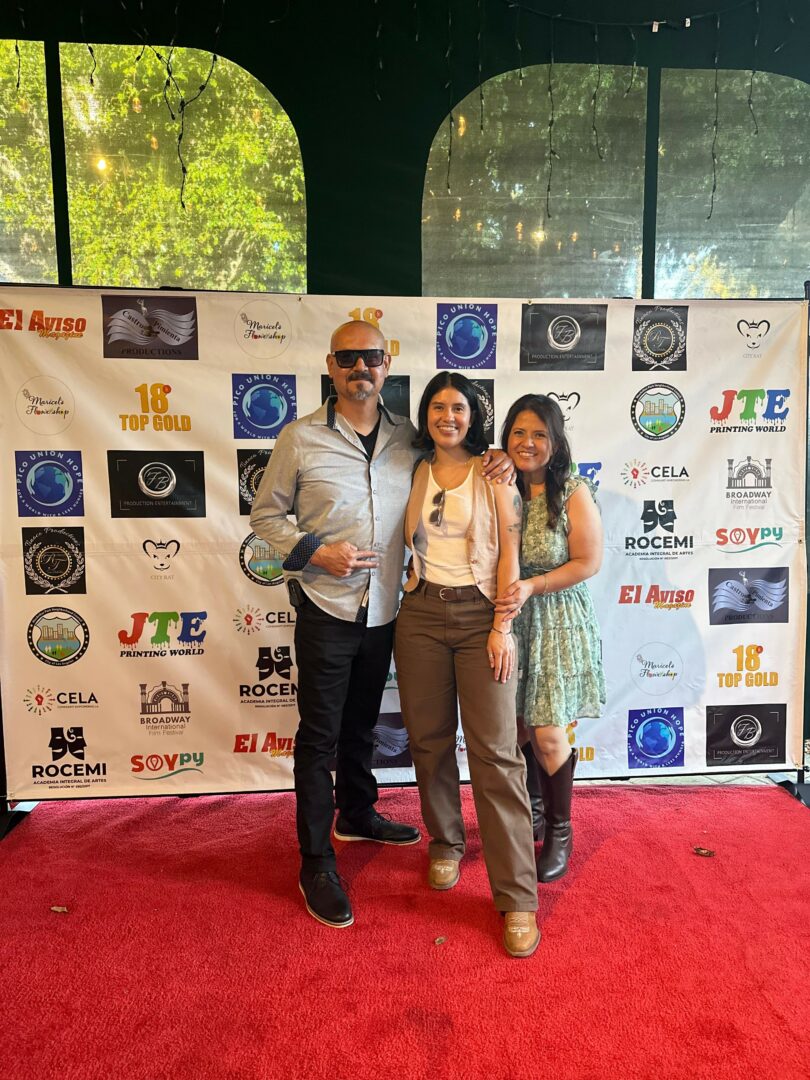
I’m a huge believer in the idea that the universe will remove you from places, situations or relationships that no longer nurture you. This is what happened when I failed all of my courses in college as a Biology major. A major that I chose because it aligned with my family’s definition of success: becoming a doctor. Read More>>
Madelaine Gaskey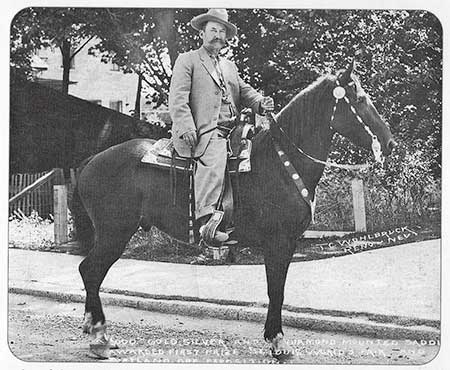
In the world of business, there’s an old adage that captures the essence of entrepreneurial spirit: ‘You don’t know, if you don’t go.’ Few figures embody this philosophy more perfectly than G.S. Garcia, a master saddlemaker whose willingness to take calculated risks transformed him from a teenage apprentice into a legendary businessman of the American West. Read More>>
Andrei Rychkov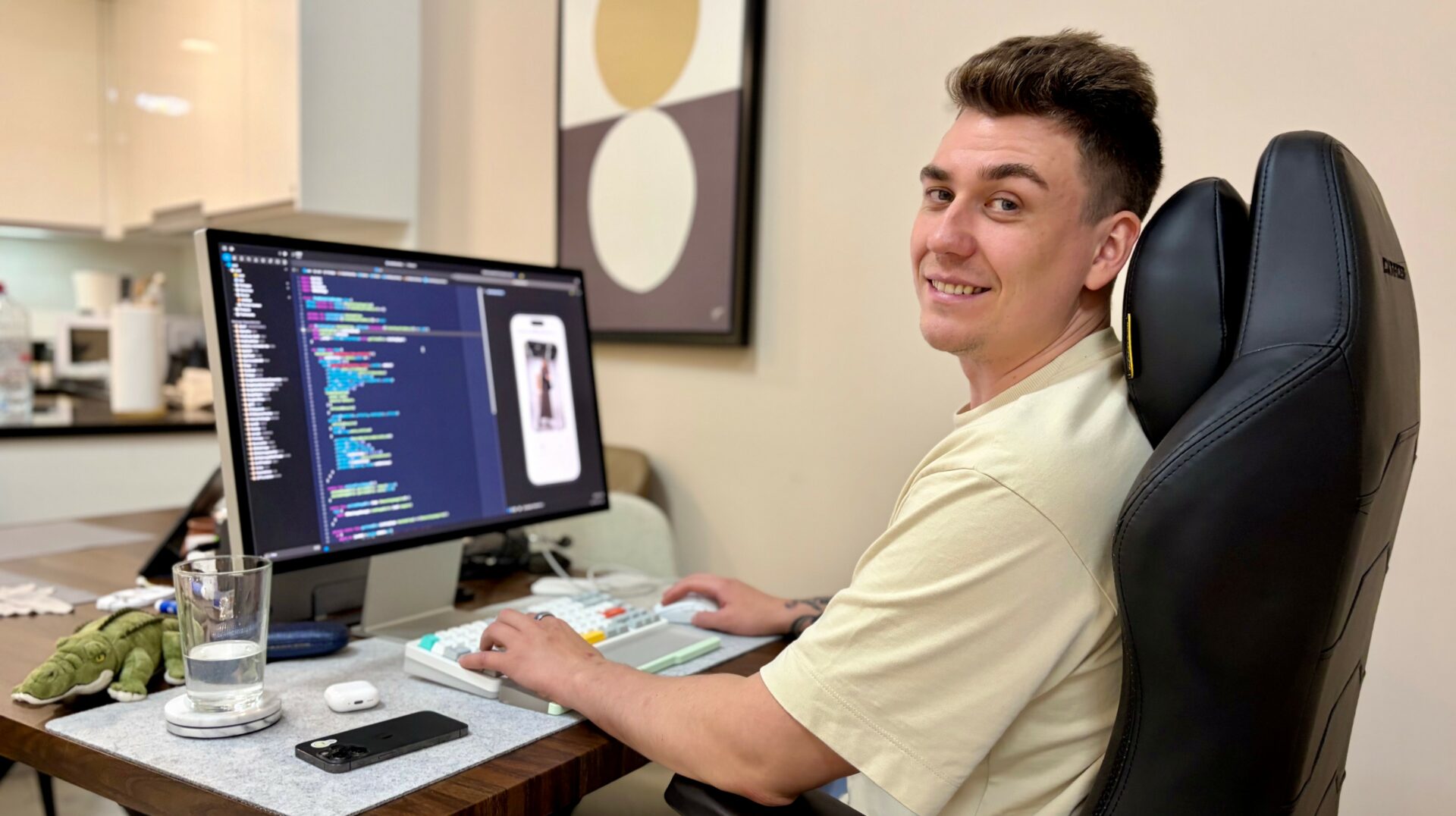
I think being afraid or stressed about risk is completely normal — it’s part of being human. The difference comes from how you deal with that feeling. Over time, I learned that a lot of fear around risk comes from not fully understanding the situation. Read More>>
Ahmed Fageer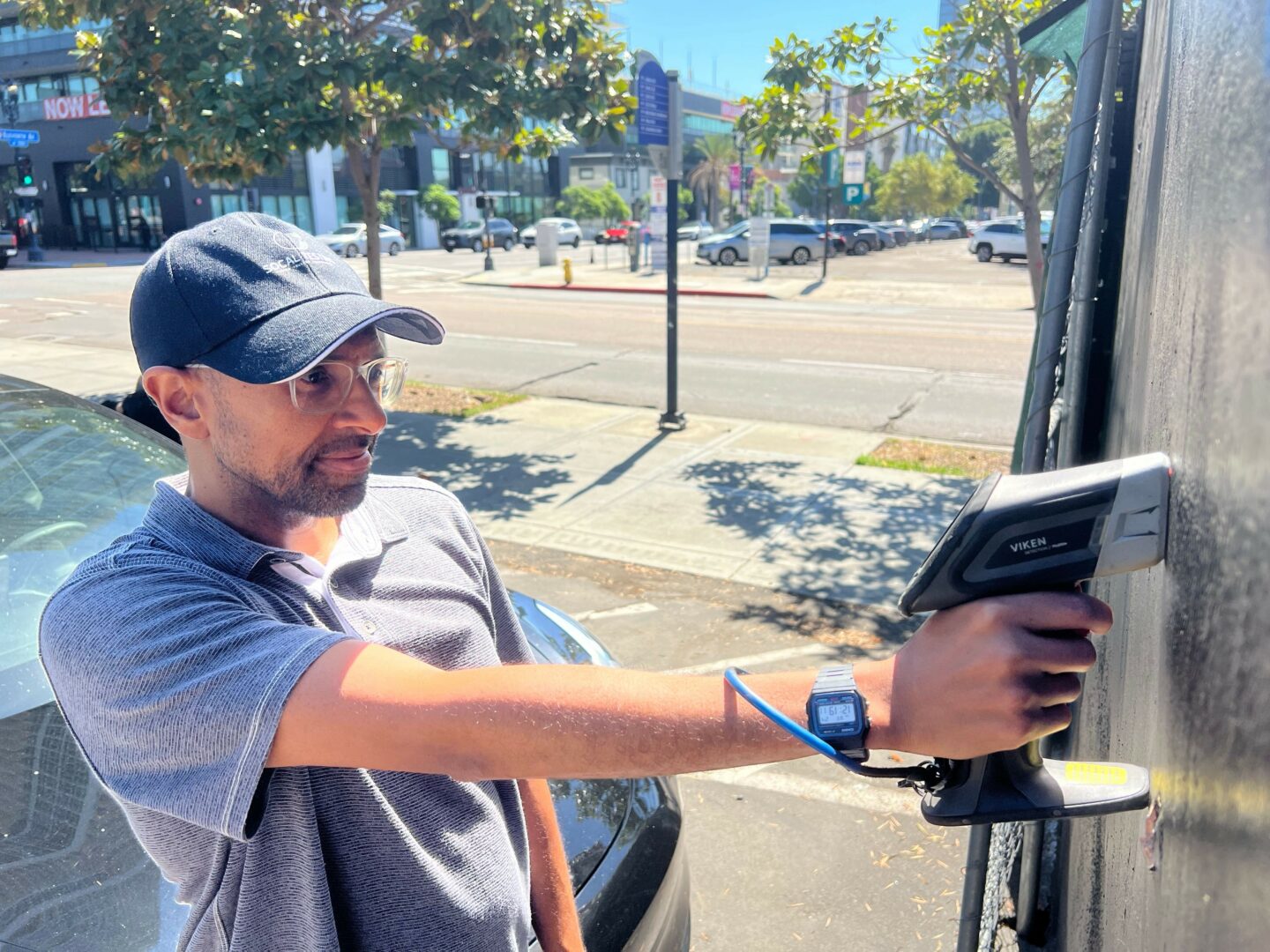
Each small success built a little confidence, and each failure taught me what to look for next time. I learned that the fear of messing up is usually worse than the actual mess. Read More>>
Rick Winfield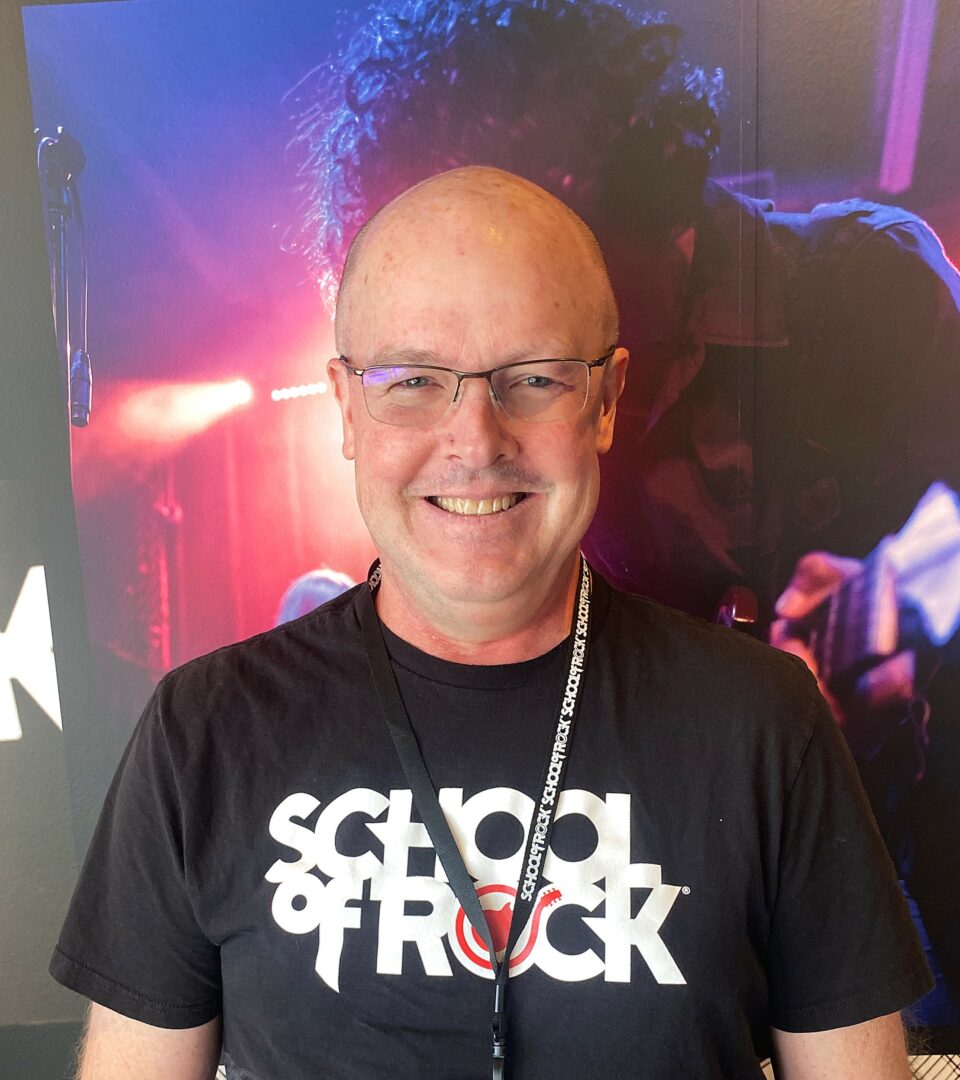
I developed my ability to take risks not by avoiding them, but by systematically learning how to manage and mitigate them. Every meaningful endeavor, from a new business venture to a high-consequence physical challenge, involves risk. My development was solidified through my deep involvement in steep, big-mountain skiing, which taught me a framework for risk assessment that I now apply to my professional life. Read More>>
Viktoria Branchstone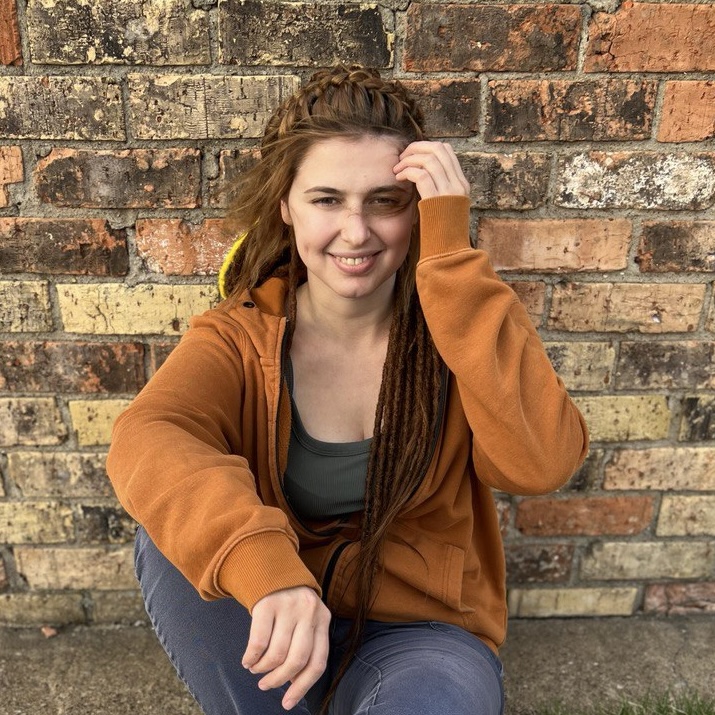
For me, risk grew out of curiosity and the desire to live fully. I’ve always felt pulled toward change. Like new places, new ideas, new ways of creating. And every time I stepped into the unknown, I expanded what was possible for me. As an artist, risk feels like an essential tool. Read More>>
Christine Reed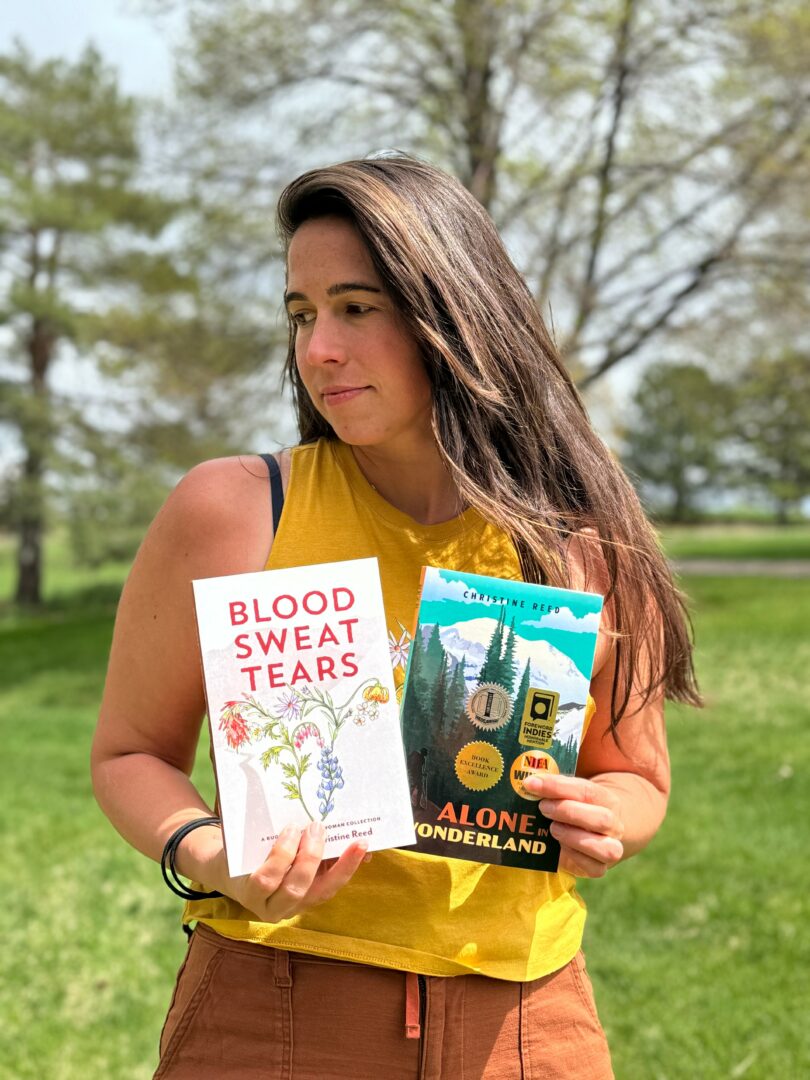
Like most things, physical and mental, the ability to take risk expands with each repetition. As we take risks and see that the outcome was positive, or even that the negative outcome wasn’t as bad as we had imagined, we become less risk averse. I played it safe, and played by the rules, all through my youth and most of my college years. Read More>>
Omar Kaisi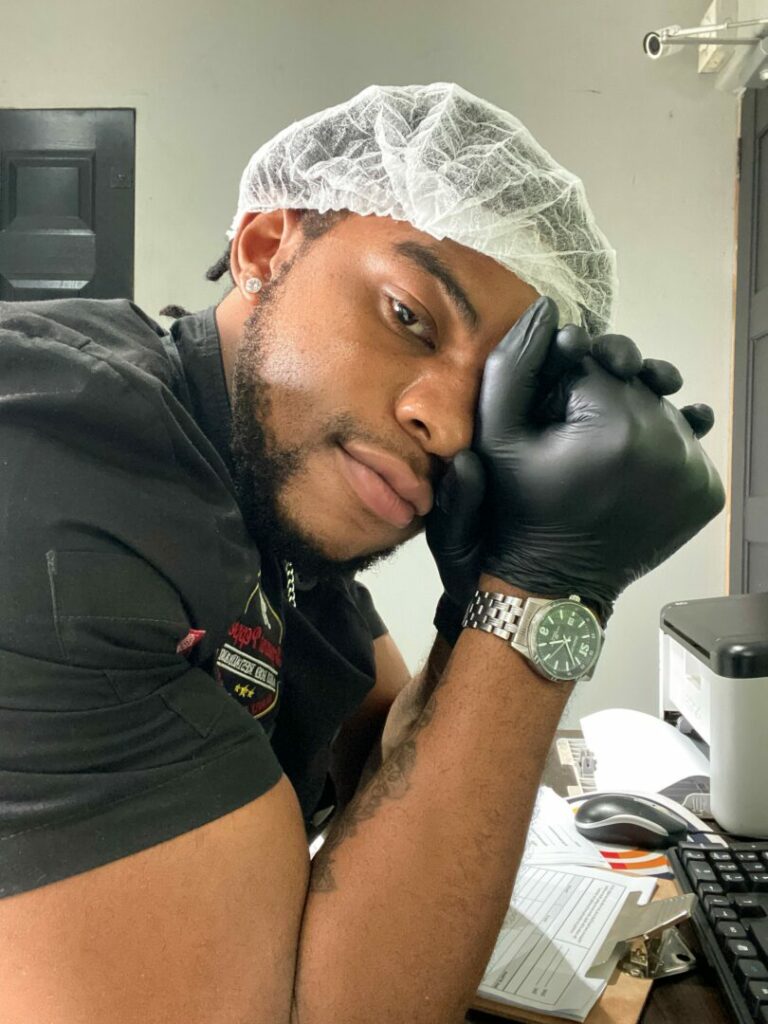
Risks are terrifying. “No risk no rewards” are the words I’ve always heard since I gained consciousness. As a little boy hearing these words I’d often ask myself what it is I would have to risk in order to get to a place I’ve never been. It’s like what exactly is it you would sacrifice to get to a place only your imagination is familiar with, the horizon, the end goal or whatever it is you simply FEEL. Is it temporary pleasure, comfort, or worse your sanity? Read More>>

